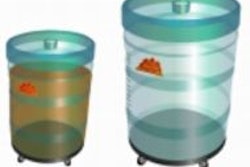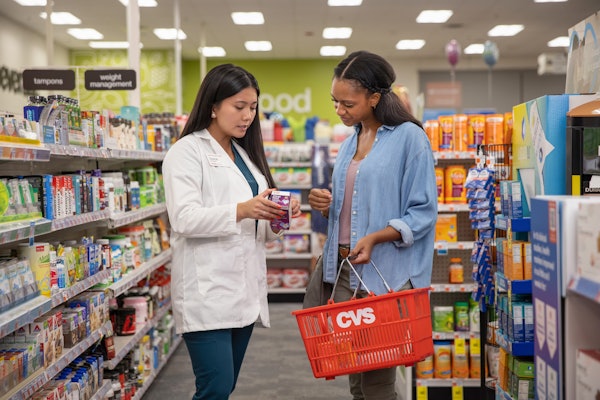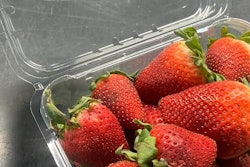Store-bought samples in cities around the world showed salmon contamination varied by geography.
The study said eating more than one
8-oz portion a month poses “an unacceptable cancer risk.” It called for salmon labels that state if the salmon was farm-raised or caught in the wild, and its COO.
FDA and the fishing industry disputed the findings, saying contaminant levels had decreased by 90% since the 1970s. Their investigations found that the remaining contaminant levels did not pose a health concern, especially when balanced against the high protein and cardiovascular benefits of eating salmon.
Some 90% of salmon eaten in the U. S. is farm-raised, say industry officials. Current labeling practices often make it difficult for consumers to tell how and where the salmon was raised and caught.
The Environmental Working Group and the Center for Environmental Health, two advocacy groups, filed suit against salmon farms, processors, and retailers under California’s antitoxics law, charging them with selling unsafe products to consumers. The groups said their goal is to effect changes so the fish will be safe to eat.
























